October 2024
We do what is expected of us with great discipline. And in between the frenzy and stress, another need presents itself: the need for rest, vacation, for contemplation and quiet reflection perhaps, or even doing nothing, standing still, dwelling. The desired transition does not come easily. It is hard work to let go, to slow down, to get out of our routine by slowing down and 'de-disciplining'. We hope you'll pick up this edition of FORUM+ to read as an opportunity, as a space, as an intervention, or delay. Please take ample time for it. Note the surprises, the interruptions and the invitation to allow fuzziness, let the reading also be underwhelming, and take a preposterously long time. In reading FORUM+, we wish you a meaningful slowdown.
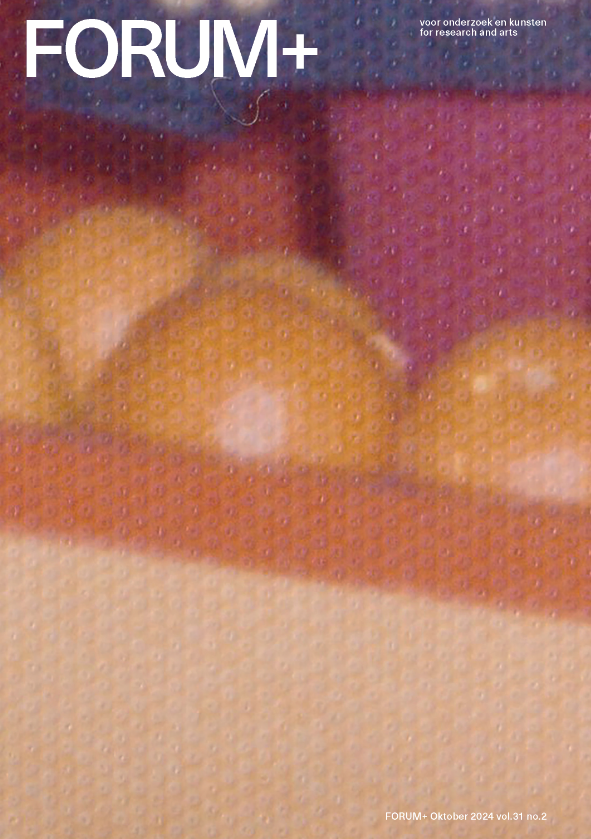

Reflection as interference. Eleven thoughts on artistic research as an interruptive practice
Paul Craenen
Artistic research in music often relies on a combination of thinking and experimenting in music and reflecting on these experiences outside musical time. However, the way in which out-of-time …
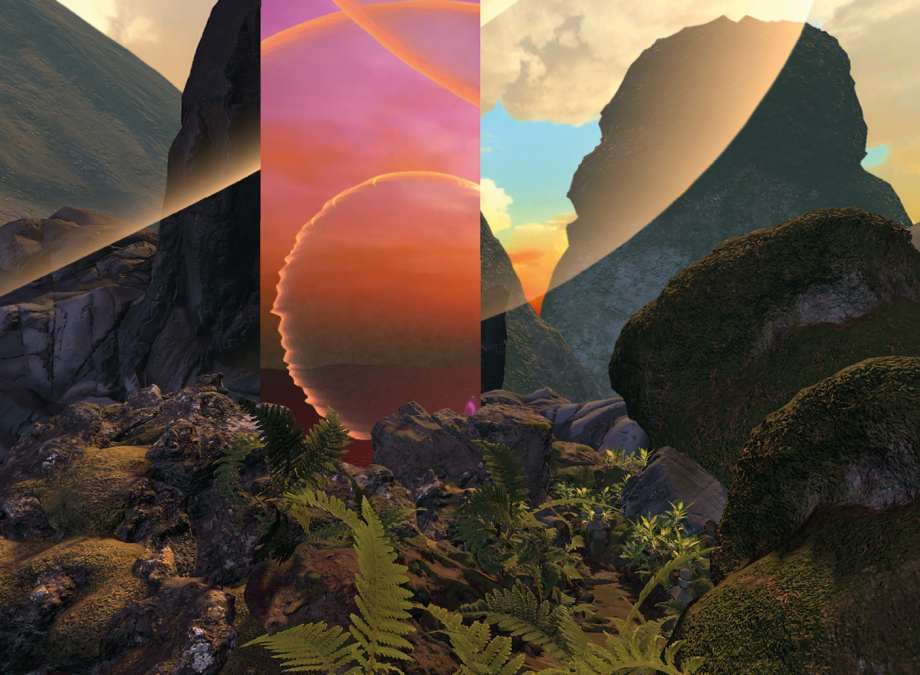
Towards transdisciplinarity. Room for non-artistic researchers within the ecosystem of the art school
Kristof Timmerman
When different disciplines coexist within the same work or operation, we speak of a “multidisciplinary” practice. In addition, there are also artistic practices that develop a coherent artistic …
I'm sorry I made you feel that way. Exploring empathy and well-being through virtual bodies and generative AI
Frederik De Bleser, Martina Menegon, Lieven Menschaert
The interactive installation “I’m sorry I made you feel that way” explores the intimate connection between a virtual body and physical well-being by linking real biometric data to a digital body …
SOOT. WE GROW MUSIC!
Paul Abbott
This is a staged, imaginary situation (to help introduce a [research project]): where two fictional characters, a frog called FROX and something called THE SOMETIMES BALLOON, have a conversation.
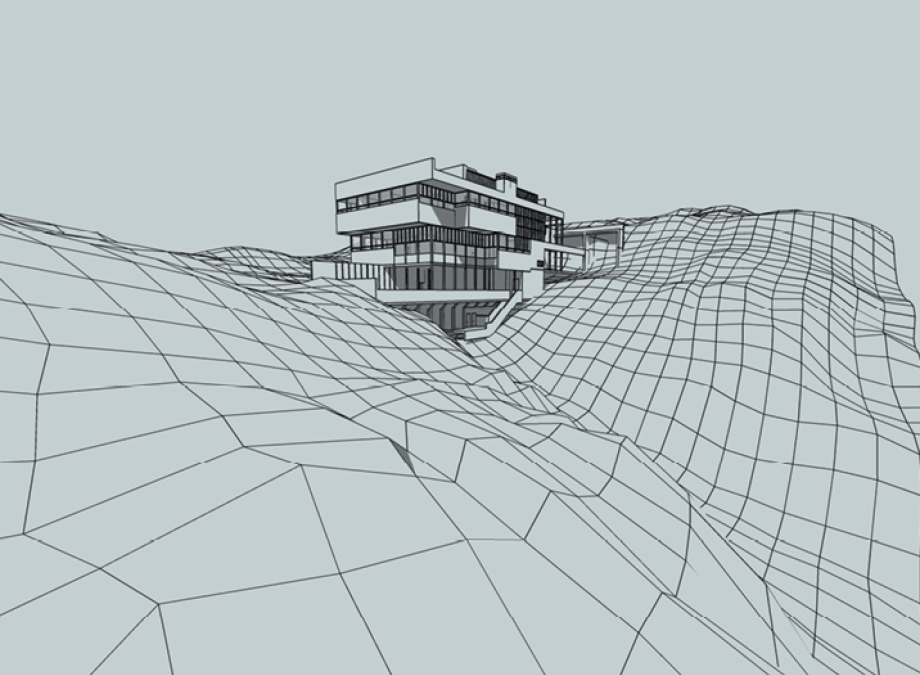
Path – portal – place. On the virtual model as a performative space
Maarten Overdijk
In the Spatial Narratives design studio at HKU, spatial designers and game developers jointly explore the workings of the immersive virtual model in spatial design. This virtual model is a …
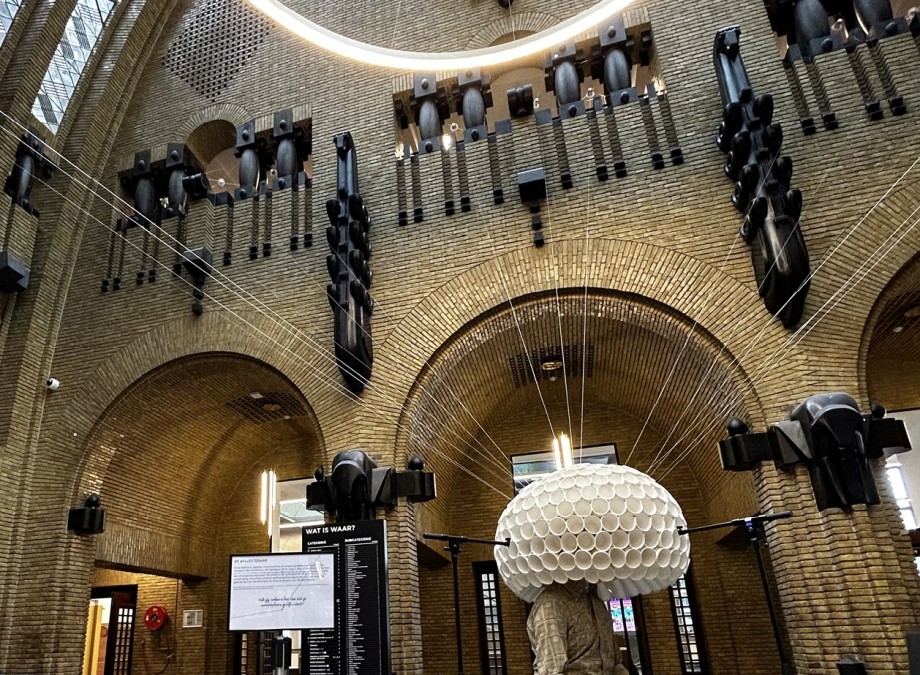
Situating, sensitising, speculating. Artistic strategies in the transdisciplinary context of ON the LINE
Veerle Spronck
Society is facing significant societal challenges that require a transdisciplinary approach. The arts are increasingly recognised as essential in addressing these complex issues. But what exactly can …
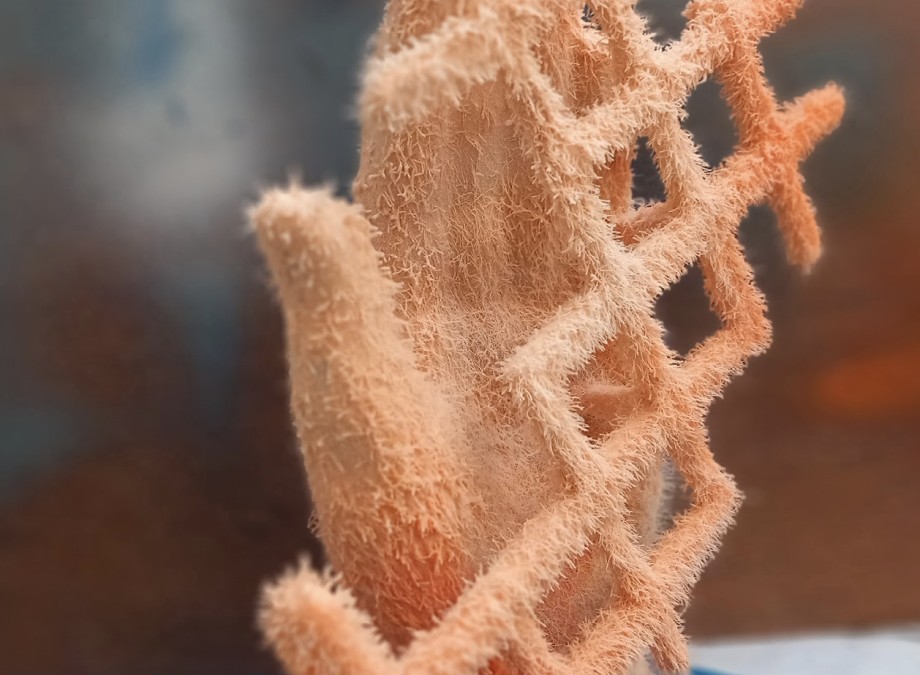
(RE)REGISTERED
Anton Cotteleer
In this space of FORUM+, I share my first artistic results following the completion of my doctoral project Een onscherp aftasten. For that research, I dove into artistic and theoretical issues exploring the meaning and role of a possible blur in sculpture and comparing it to more familiar photographic appearances.

How to approach and engage with underwhelming landscapes. Methods developed in the artistic research project Land-shapes, Sooth-scapes
Linde Ex
Through artistic explorations of salt marshes in Scotland, England and the Netherlands, Linde Ex developed the concepts “Land-shapes” and “Sooth-scapes” as ways of observing and approaching these …

Acta est fabula, plaudite! Acting silly as a way of doing research – Being silly as a way of life
Bert Willems
In this essay, some thoughts are collected regarding the role of performance as a way of getting in touch with reality. Even as fictions, these performative actions exist in reality, and rather …

Anthony Braxton’s Ghost Trance Music meets Rosas Toolbox
Kobe Van Cauwenberghe
With Anthony Braxton’s Ghost Trance Music as a starting point, musicians from the Ictus ensemble and dancers from the Rosas dance company came together in the summer of 2023 in an unusual experimental setting around the idea of a toolbox.